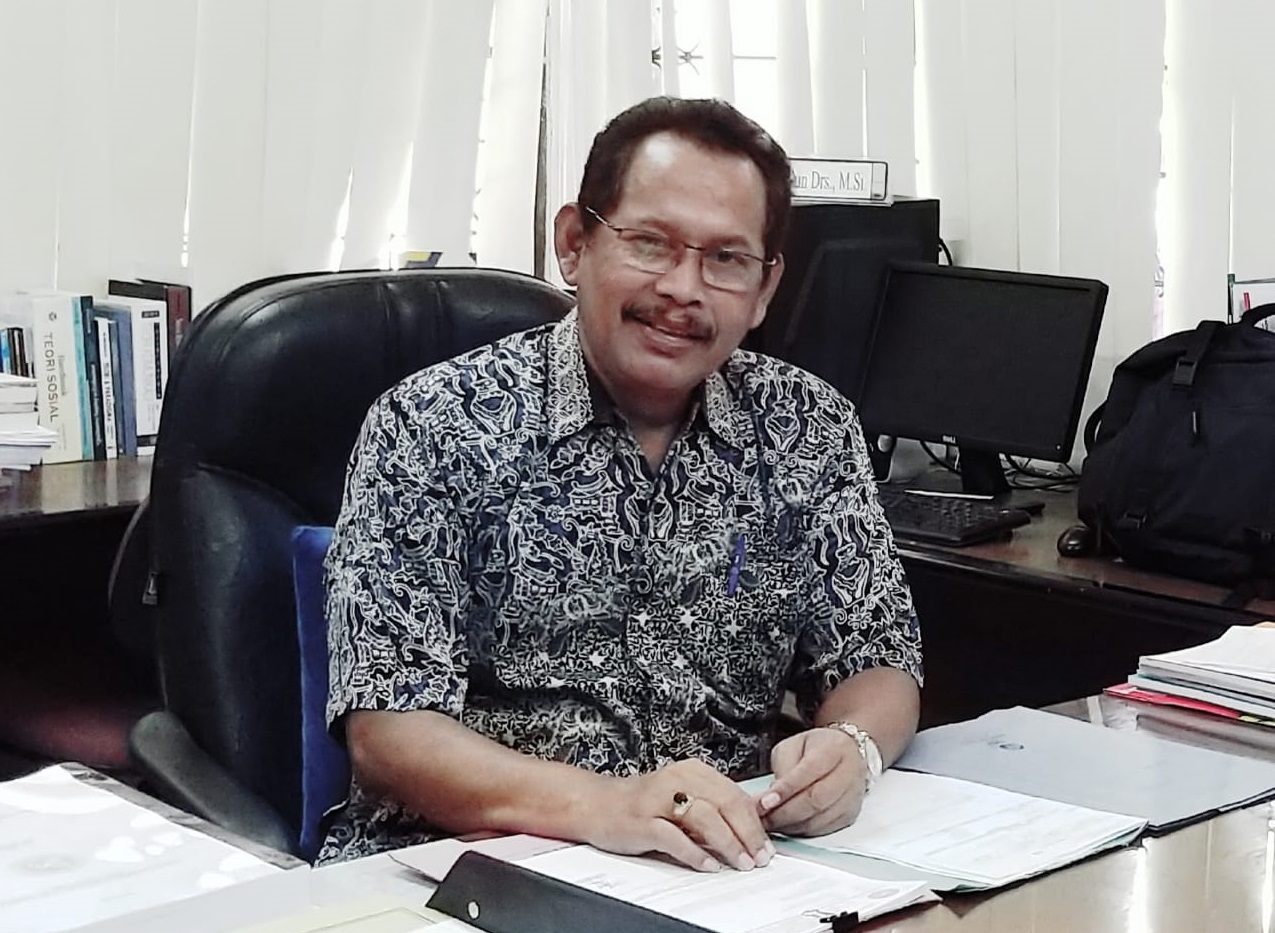UNAIR NEWS – As of Monday, April 20, 2020, 38,822 prisoners and children have been released from correctional facilities, state detention centers, and special children’s development institutions. They participated in the assimilation and integration program as an effort to prevent and overcome Covid-19 in prisons, detention centers, and the Special Child Development Institution (LPKA).
This policy raises new problems in the community. There have been some reports in the community about the rise of crimes during the pandemic committed by ex-convicts who were released through assimilation policy.
In this regard, Prof. Dr. Mustain Drs., M.Si., Professor of Sociology, Faculty of Social and Political Sciences, Universitas Airlangga (FISIP UNAIR) gave an explanation. According to him, the release of detainees should have been considered by the authorities, for example in relation to breaking the Covid-19 chain in a holding cell which is generally very dense.
But according to him, it is unfortunate because the prisoner release policy is partial, lacks comprehensive thinking, only looking at the importance of Covid-19 transmission in a holding cell. Prof. Mustain also considered that the policy did not consider the impact that would occur in particular, on public safety. Plus, there is a lack of dissemination, communication, and notification of this policy to the public.
“So many people end up questioning, speculating, freely interpreting the reason, how come the government frees the prisoners? Community heard inmates in custody, which clearly has been proven wrong by the court but they were let go, “explained Prof. Mustain, Wednesday, April 22, 2020.
Prof. Mustain continued, because of the policy, people who had been uneasy due to the uncertainty of the Covid-19 pandemic, became even worried and uneasy. So it is natural if people judge or presume there is something behind the policy.
“Because in a situation of normlessness and uncertainty, people are easily swayed by opinions that are less constructive and productive,” he explained.
He also regretted the policy making of the government which did not pay attention to various aspects, both socially, economically, psychologically, and even security.
If the government wants to cut off the transmission of Covid-19 in detention centers, he continued, it would be better if the policy was carried out by choosing a place of isolation that was far from people’s lives. For example, placed on a soccer field, an island that does not have many inhabitants, or in certain buildings that function as a place of isolation. (*)
Author: Asthesia Dhea Cantika
Editor : Binti Q. Masruroh





